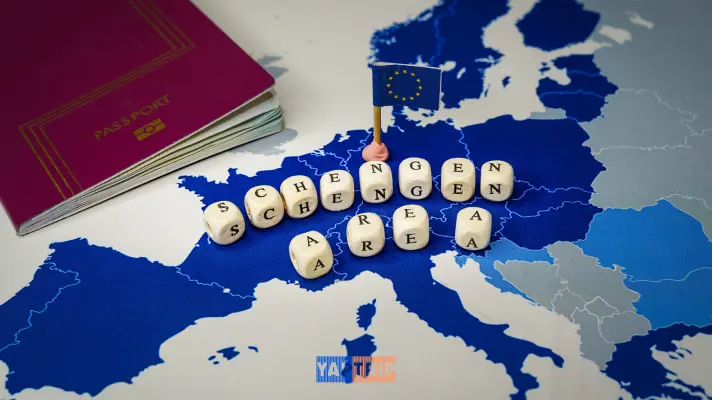Russian Tourists Seek New Horizons as European Travel Remains Restricted
Russian tourists, faced with ongoing travel restrictions imposed by the European Union following the invasion of Ukraine, are seeking alternative destinations to satisfy their wanderlust. As a result, European countries are experiencing a significant decline in tourist arrivals, causing billions in economic losses. While the difficulties in traveling from Russia to Europe persist, tourists from the nation have been exploring non-Western destinations in record numbers. This shift in travel patterns has prompted various countries to establish better air travel connections in an attempt to capture a share of the lucrative Russian tourism market. However, the lack of Russian tourists has had a detrimental impact on the economies of Greece and Cyprus, leading these countries to explore alternative strategies to attract visitors.
Russian Tourists Shun Europe Amidst Ongoing Sanctions
Amidst the continued imposition of sanctions against Russia by European Union countries, the effects are being felt in the tourism sector. The number of Russian arrivals in Europe has recorded a significant drop, as restrictions and higher visa costs make travel to the EU more complex. Furthermore, Russian air carriers remain banned from flying into or over the EU, further hindering travel planning for Russian tourists.
Decline in Russian Tourist Arrivals Hits France
France, one of the most popular tourist destinations in Europe, has experienced a staggering decline in Russian tourist arrivals. The capital city, Paris, and other parts of the country have witnessed a significant drop in visitors from Russia. According to the Paris tourist board, there was a striking 95.8% decrease in Russian tourists arriving by air between January and May of this year, compared to the same period in 2019. Despite expecting a marginal increase of just one percent in the coming months, Russian tourist arrivals are projected to remain low.

Shift to Non-Western Destinations
In light of the challenges and restricted access to Europe, Russian tourists have been venturing towards non-Western destinations. Countries such as the United Arab Emirates, Thailand, Egypt, the Maldives, and Türkiye have witnessed a surge in Russian visitors. The number of overseas trips embarked upon by Russian tourists in 2022 reached a staggering 22.5 million, marking a significant increase compared to 19.2 million trips in 2021. Türkiye emerged as the most popular destination among Russian tourists.
Establishing Better Air Travel Connections
Recognizing the immense potential of the Russian tourism market, several countries outside the EU are actively working to establish better air travel connections. Thailand, Morocco, and Sri Lanka, for instance, are planning to open direct flight paths with Russia to facilitate travel from the country. Additionally, India, Oman, and Myanmar have engaged in talks with Russian authorities to explore opportunities for increasing tourism.
Economic Impact on Greece and Cyprus
The decline in Russian tourists has had a significant negative impact on the economies of Greece and Cyprus. Prior to the introduction of travel restrictions, these countries recorded a substantial number of Russian arrivals each year. In response to the current situation, both Greece and Cyprus are now exploring alternative strategies to attract tourists and mitigate the economic losses they have experienced.
Conclusion
As travel restrictions continue to hinder Russian tourists’ access to Europe, they are turning their attention to non-Western destinations. The surge in Russian visitors to countries like the United Arab Emirates, Thailand, Egypt, the Maldives, and Türkiye highlights a shift in travel patterns. Recognizing the potential of the Russian tourism market, various countries are actively working to establish better air travel connections. Meanwhile, the economies of Greece and Cyprus have felt the negative impact of the decline in Russian tourists, prompting these countries to seek alternative strategies to boost their tourism sectors. The evolving landscape of Russian tourism presents both challenges and opportunities for destinations worldwide.


